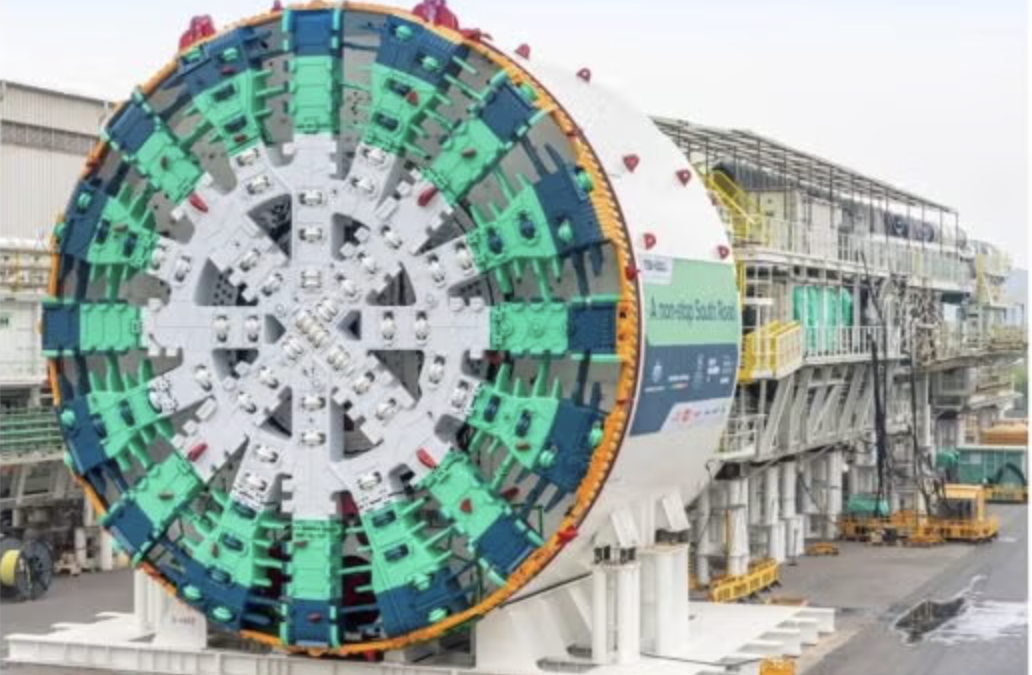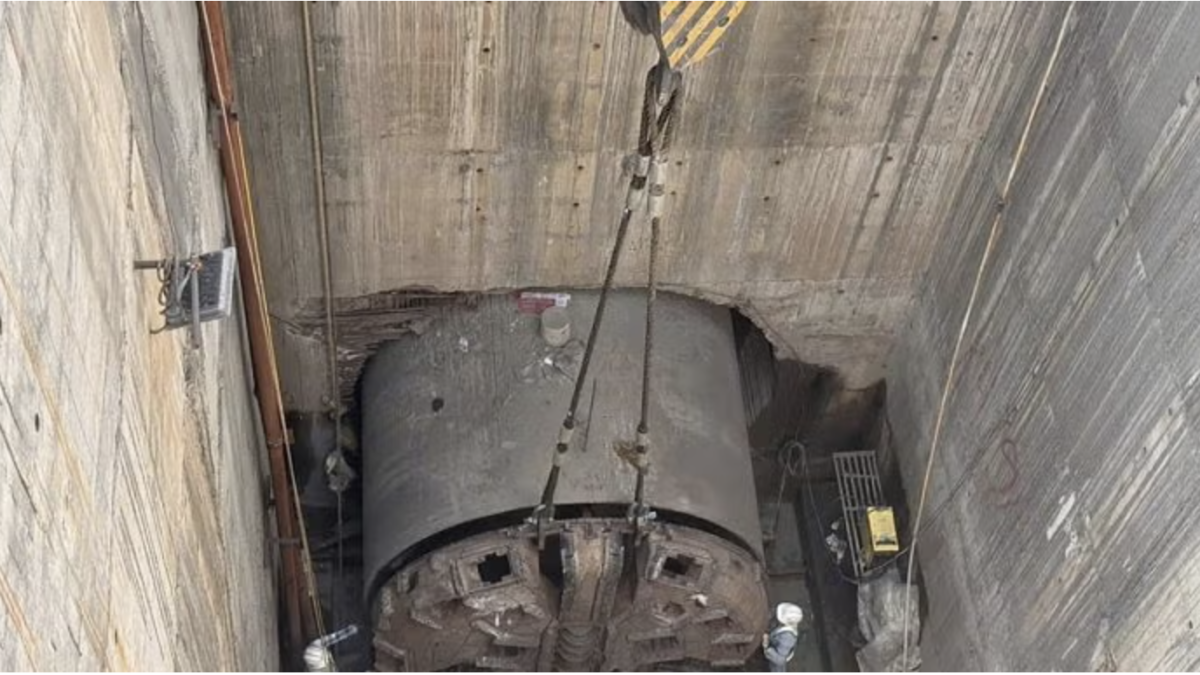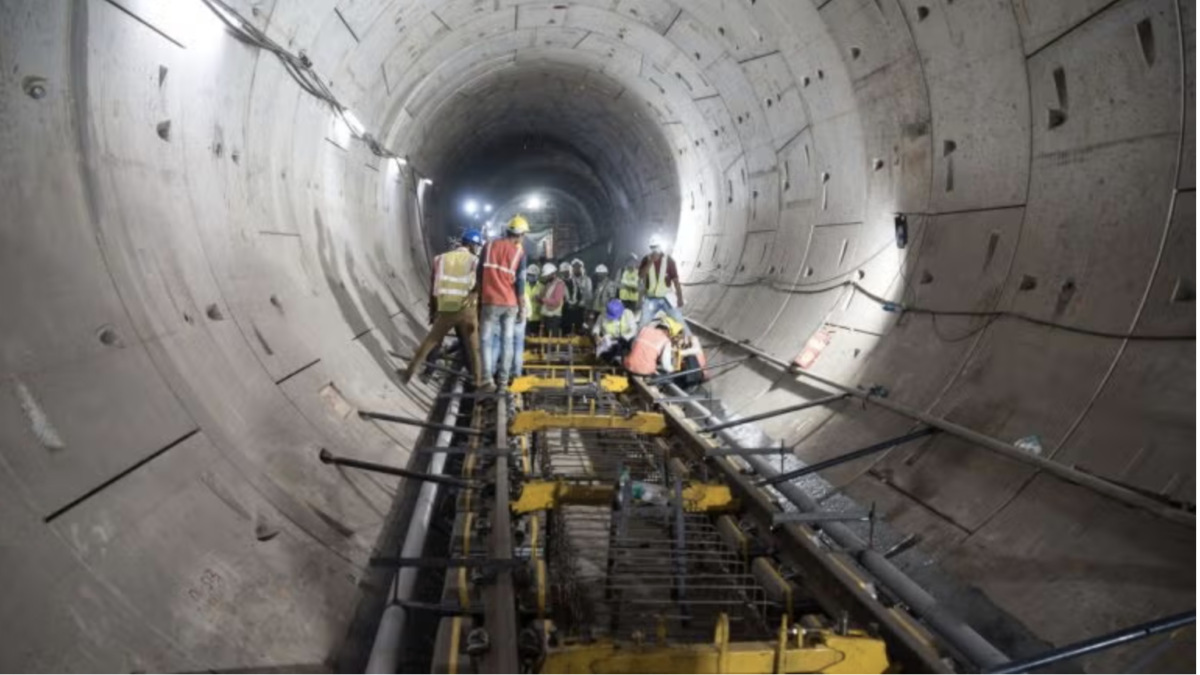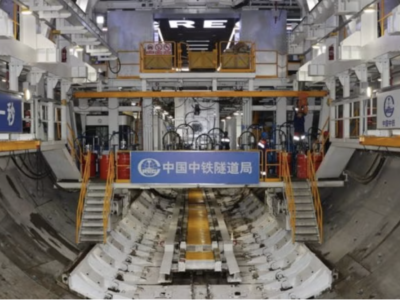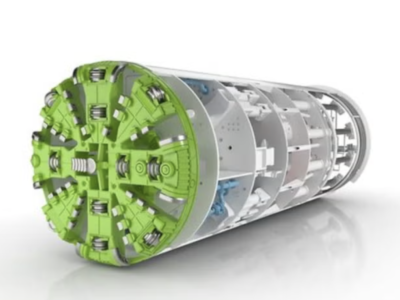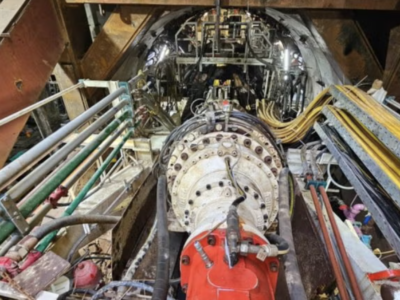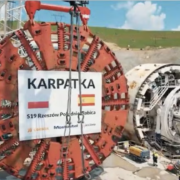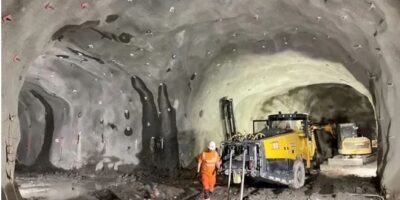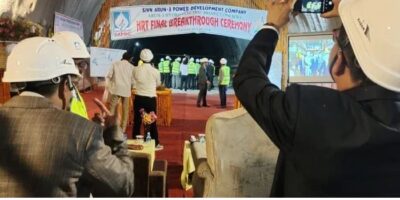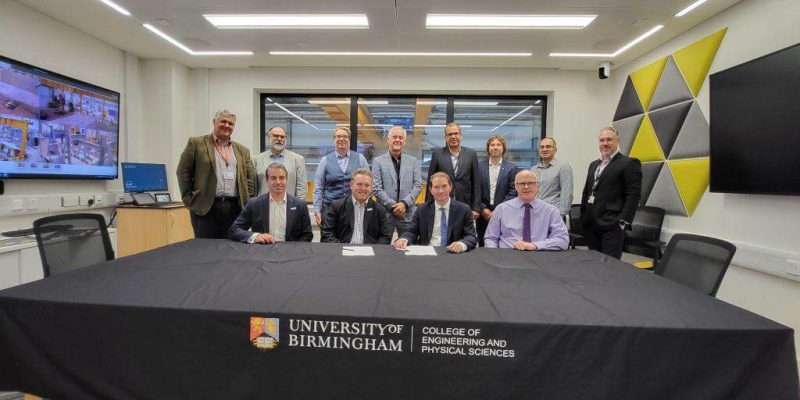
A British technology firm innovating underground construction, hyperTunnel, and the University of Birmingham have signed a Memorandum of Understanding to advance completely new methods of underground construction, enlargement, monitoring and repair.
New automated building methods invented by hyperTunnel, are developed to help the construction sector and society, as a whole, by lowering carbon footprint and constructing tunnels over 10 times faster and reducing the costs to almost half.
According to a digital twin, at the heart of the idea is using robots to 3D-print the shell of the underground structure. By using this method, the construction material is turned straight into the ground.
Initially concentrating on autonomous tunnelling technologies, imaging and digital simulations, the collaboration between the two organizations has the potential to contain activities such as collaborative research, technology projects, joint publications, secondments, internships and education programs.
The key to the MoU is the University of Birmingham’s NBIF (National Buried Infrastructure Facility), which is a part of the UK Collaboratorium for Research on Infrastructure and Cities (UKCRIC).
UKCRIC is developed to foster research activities in infrastructure and cities via a close partnership between academia, industry and government.
Currently, NBIF is directing research into the areas such as soil/structure interaction, digital twinning, tunnelling and quantum-technology sensing.
Moreover, hyperTunnel and the University of Birmingham will engage in collaborative activities at the University’s new campus in Dubai, which contains the development of a multi-million-pound Tunnelling Centre of Excellence.
Nicole Metje, the Professor of Infrastructure Monitoring at the University, expressed: “We’re really looking forward to diving into this collaboration.”
He continued: “Joining forces with pioneering British organizations like hyperTunnel to expand our research and amplify our impact and theirs is exactly what we’re about. This partnership is a significant milestone for NBIF.”
Jeremy Hammond, hyperTunnel’s co-founder, mentioned: “The University of Birmingham is one of the top 100 academic institutions in the world and NBIF is a world-class facility.”
He also added: “Both our organizations are deeply involved in radically innovating underground infrastructure and use of underground space. It’s really exciting to think about what we can achieve by combining our expertise like this.”


